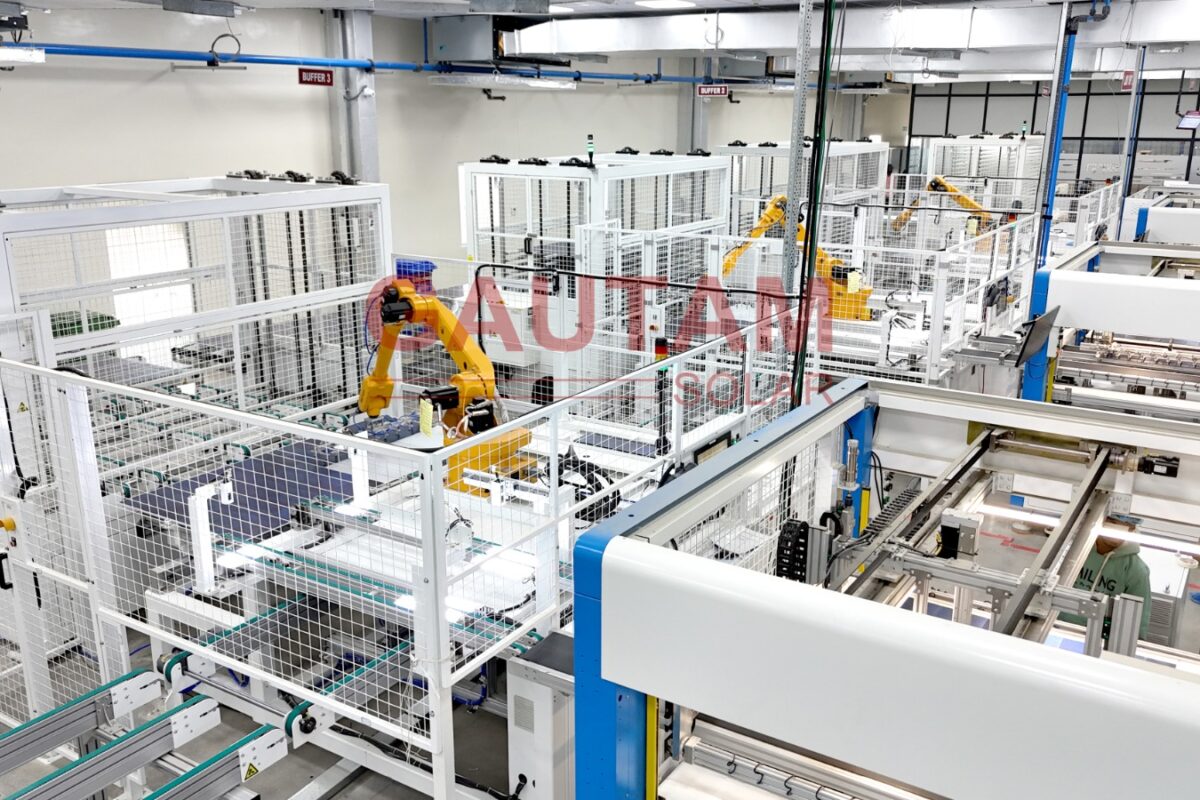Decarbonization is no longer an option, it is an economic and environmental necessity. For a fast-growing nation like India, which is balancing ambitious development goals with equally urgent climate commitments, the path forward must be efficient, scalable, and precise.
As reported by the Press Information Bureau (PIB), Union Minister Dr. Jitendra Singh stated at the International Conference on Green Hydrogen (ICGH 2023) that “India has assumed the global leadership role and is successfully moving on the path of climate action to achieve its Net Zero emission target by 2070.”
But achieving net zero is not just about deploying renewable energy or phasing down fossil fuel use. It is about providing enterprises and supply chains with the digital infrastructure to track, manage, and reduce emissions in real-time. Without this transformation, India risks falling short of its climate goals not because of a lack of intent, but due to a lack of actionable data.
Decarbonization must be data-led, not compliance-led
Traditional approaches to decarbonization have largely been reactive, driven by regulatory checklists and annual disclosures. While this has helped establish a baseline for accountability, it does little to help companies course-correct in the moment. The future of decarbonization requires organizations to move from reporting to real-time responsiveness.
Cloud-first Software as a Service (SaaS) platforms are at the heart of this shift. These tools consolidate fragmented ESG data from across an enterprise’s operations, energy use, fuel consumption, logistics, waste, and offer a continuous emissions profile. When paired with automation and AI, this data is not just visualized, it is analyzed for risk, benchmarked for performance, and translated into operational guidance.
This transition from compliance to intelligence is critical. It ensures that emissions data becomes a living asset, available daily to decision makers, not archived quarterly for regulators.
Automation is making sustainability operational
For decarbonization to drive outcomes, it must be embedded into the rhythm of operations. That is where automation comes in. Instead of relying on spreadsheets or standalone reports, organizations now require dynamic systems that respond in real time to changing energy profiles and emissions loads.
Automated ESG platforms allow for this operational integration. Whether it is switching off idle equipment, scheduling energy-intensive tasks during low-carbon grid hours, or triggering alerts for deviations in energy efficiency, automation ensures that sustainability becomes part of how a business runs, not just how it reports.
This capability is particularly useful for sectors with high variability, like manufacturing, logistics, or infrastructure, where even small process changes can significantly impact emissions. The goal is not just to track carbon, but to actively shape it.
SaaS platforms are bringing supply chain emissions into focus
For most companies, the largest and most opaque source of emissions lies beyond their direct control, in their value chain. Scope 3 emissions originating from raw material sourcing, supplier operations, distribution, and product use can account for over 70 percent of a company’s total footprint. Yet they remain the hardest to quantify and reduce.
Modern SaaS platforms are beginning to change that. By integrating with vendors and third-party logistics providers, these systems can collect upstream and downstream emissions data in a structured, repeatable manner. More importantly, they allow businesses to segment suppliers by emissions impact, set expectations for disclosure, and align procurement decisions with sustainability targets.
In India, where micro, small, and medium enterprises (MSMEs) form a large part of the supply chain, accessibility becomes key. Digital tools must be simple, multilingual, and affordable enough to create industry-wide visibility, not just for the largest players. Done right, this unlocks a ripple effect, enabling a decentralized but connected approach to climate action.
Digital readiness will define climate leadership
As global investors, consumers, and regulators demand deeper climate accountability, India’s position as a manufacturing and export hub will increasingly hinge on how credibly its businesses can measure and manage emissions. That credibility will come not from declarations, but from data.
Companies that invest early in SaaS and automation for ESG will find themselves better prepared to comply with future regulations, participate in green financing, and meet international buyer standards. But beyond compliance, these capabilities create a competitive advantage. Operational efficiency, cost savings, and transparency are natural byproducts of real-time emissions management.
More broadly, digital decarbonization aligns India’s climate goals with its economic ambitions. It ensures that growth does not come at the cost of sustainability and that environmental leadership is driven not only by policy, but by practice.
What lies ahead is not just an energy transition, but an information revolution in how emissions are tracked, optimized, and reduced. For India to meet its 2070 net zero goal, technology will not be a support functionit will be the main engine. And businesses that embrace this shift will lead the way.
The views and opinions expressed in this article are the author’s own, and do not necessarily reflect those held by pv magazine.
This content is protected by copyright and may not be reused. If you want to cooperate with us and would like to reuse some of our content, please contact: editors@pv-magazine.com.








By submitting this form you agree to pv magazine using your data for the purposes of publishing your comment.
Your personal data will only be disclosed or otherwise transmitted to third parties for the purposes of spam filtering or if this is necessary for technical maintenance of the website. Any other transfer to third parties will not take place unless this is justified on the basis of applicable data protection regulations or if pv magazine is legally obliged to do so.
You may revoke this consent at any time with effect for the future, in which case your personal data will be deleted immediately. Otherwise, your data will be deleted if pv magazine has processed your request or the purpose of data storage is fulfilled.
Further information on data privacy can be found in our Data Protection Policy.